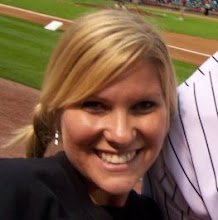M D Anderson transfuses more blood and blood products than any hospital in the country. The need never declines, but the donations do. Maura was lucky yesterday because she was able to get platelets when she needed them. Others weren't so lucky. One patient had already received his pre-transfusion drugs, but the blood bank postponed his order for platelets because he did not meet the criteria for critical need. Another man waited for hours, hoping that the blood bank would acquire more donated platelets, but finally gave up at about 8:00 at night.
Donating blood is easy and the pain is minimal. Sure, it hurts to get stuck with the needle, but that's it. The whole operation, from needle stick to band aid and free orange juice, takes 25 minutes. You can donate as often as once every eight weeks.
Donating platelets is a little more time consuming, but with no additional pain nor additional needle stick. In about 60 to 90 minutes, they take your blood, separate out the platelets, and return your red blood cells and plasma to you. Your body makes platelets a lot faster than red blood cells. You can donate platelets as often as every other day.
Chemotherapy kills blood cells--red blood cells, white blood cells, platelets--all of them. But the most critical need at MDA is platelets. It takes the platelets of eight donations of whole blood to equal one donation of platelets alone. Low platelets can cause bleeding and bruising, which doesn't sound earth shattering until you realize that internal organs can spontaneously start hemorraging if the body is low in platelets. You can't just apply pressure to your brain to stop its bleeding.
So, if you can, please donate platelets or whole blood. If you can't donate, get other people to donate. MDA prefers that people make an appointment the day before donating platelets, since it takes longer. The number to call is 713 792-7777. If you can't get to an MDA donation site, please contact your local Blood Center.

